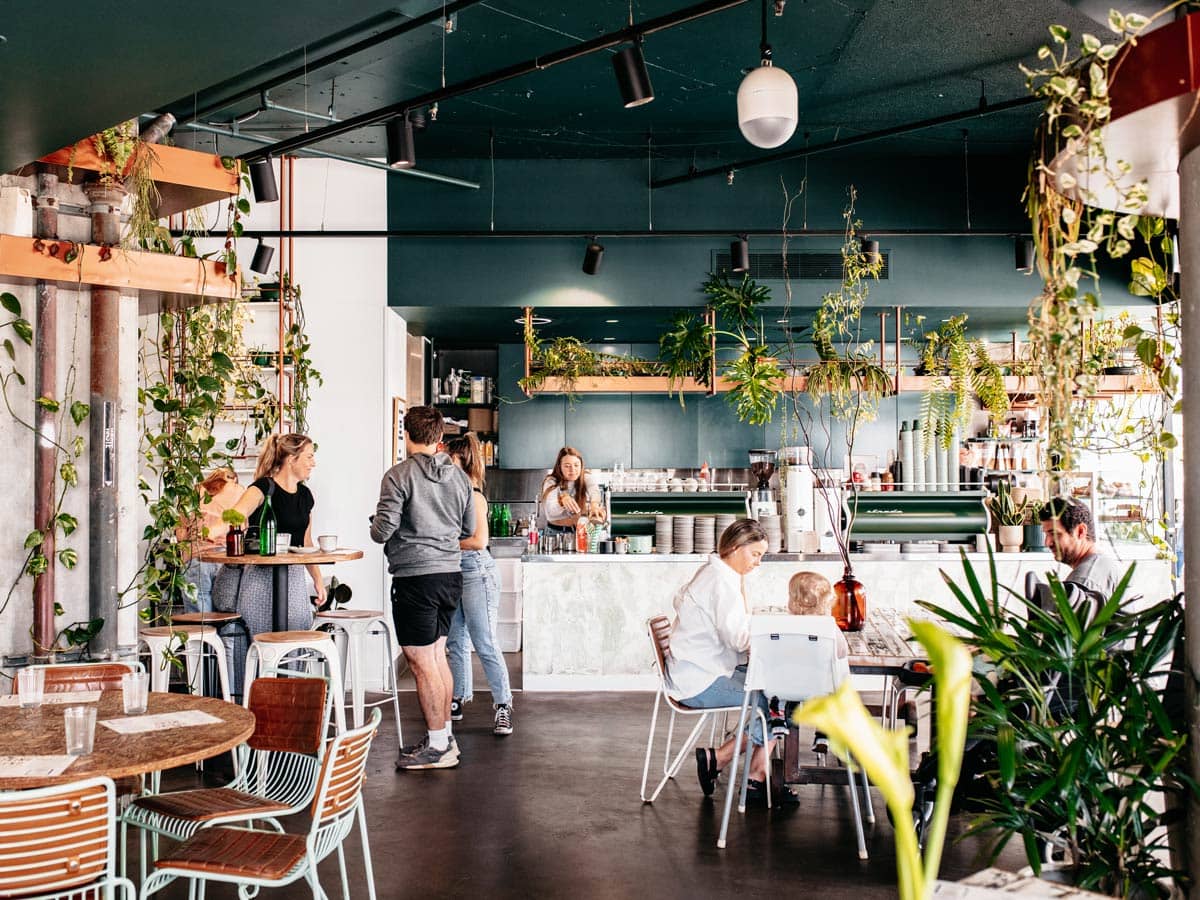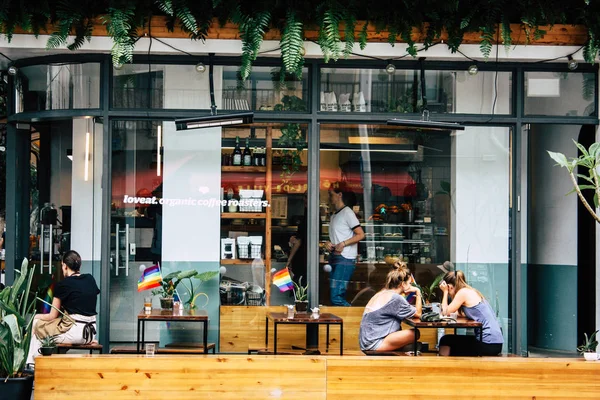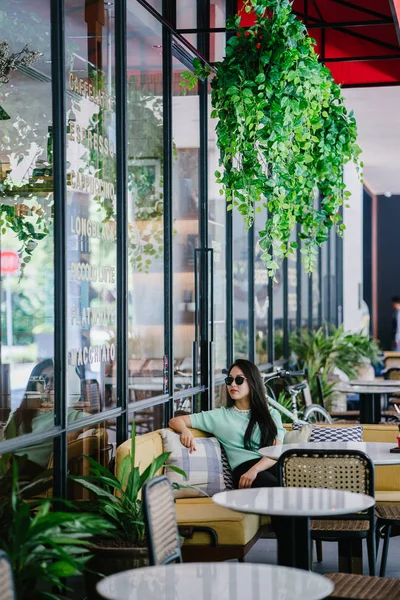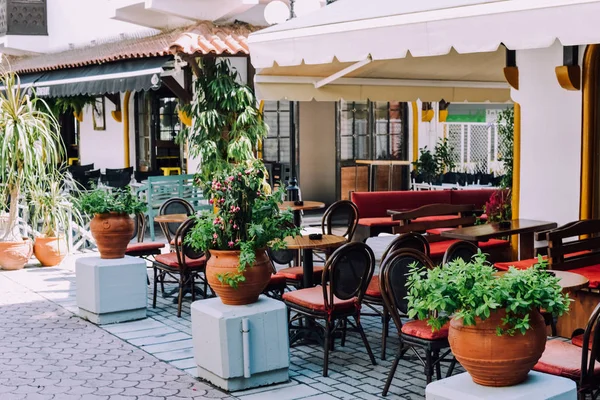Australia’s West Coast is known for its stunning landscapes, vibrant cultures, and innovative spirit. Among the many industries thriving here, the cafe scene stands out not only for its exceptional coffee and cuisine but also for its commitment to sustainability. West Coast cafes are leading the way in eco-friendly practices, setting examples for the rest of the country and the world. This blog explores the various initiatives these cafes have adopted to promote sustainability, reduce their environmental impact, and inspire positive change.
The Rise of Sustainable Cafes
In recent years, the global awareness of environmental issues has spurred many businesses to adopt more sustainable practices. Cafes, being integral parts of urban and community life, have a unique  opportunity to influence and lead by example. On Australia’s West Coast, this movement has gained significant momentum, with cafes embracing eco-friendly initiatives that range from reducing waste to sourcing locally.
opportunity to influence and lead by example. On Australia’s West Coast, this movement has gained significant momentum, with cafes embracing eco-friendly initiatives that range from reducing waste to sourcing locally.
Waste Reduction and Recycling
One of the most visible and impactful areas where West Coast cafes are making a difference is in waste reduction. Single-use plastics, often associated with the cafe industry, are being phased out in favor of more sustainable alternatives.
-
- Eliminating Single-Use Plastics: Many cafes have replaced plastic straws, cutlery, and takeaway containers with biodegradable or reusable options. Stainless steel straws, wooden cutlery, and compostable packaging are becoming the norm.
- Recycling Programs: Cafes are implementing comprehensive recycling programs to ensure that materials such as paper, cardboard, glass, and certain plastics are properly recycled. Some cafes have even partnered with local recycling companies to streamline this process.
- Composting: Food waste is a significant concern for the hospitality industry. West Coast cafes are tackling this issue by setting up composting systems for organic waste. Some cafes even collaborate with local farmers, providing them with compostable material for use in agriculture.
Sustainable Sourcing
Sourcing ingredients sustainably is another crucial aspect of eco-friendly practices in cafes. West Coast cafes are leading the way by prioritising locally sourced, organic, and fair-trade products.
- Local and Organic Ingredients: By sourcing locally, cafes reduce their carbon footprint associated with transportation. Additionally, many cafes opt for organic produce, which is grown without harmful pesticides and fertilisers, further minimising environmental impact.
- Fair-Trade Coffee: Coffee is a staple in any cafe, and West Coast cafes are increasingly choos

ing fair-trade coffee to ensure ethical sourcing. Fair-trade practices support sustainable farming and provide fair wages and conditions for farmers, contributing to both environmental and social sustainability.
- Seasonal Menus: Emphasising seasonal ingredients not only ensures freshness but also supports local agriculture. Seasonal menus reduce the need for out-of-season imports, which often involve significant transportation and storage resources.
Energy Efficiency
Energy consumption is another critical area where cafes can make a substantial impact. West Coast cafes are adopting various measures to enhance energy efficiency and reduce their carbon footprint.
-
- Energy-Efficient Appliances: Upgrading to energy-efficient appliances and equipment helps reduce electricity consumption. Many cafes invest in high-efficiency espresso machines, refrigerators, and lighting systems.
- Renewable Energy: Some cafes are taking a step further by installing solar panels to power their operations. Renewable energy sources like solar not only reduce reliance on fossil fuels but also lower long-term energy costs.
- Green Building Practices: Sustainable design and construction practices, such as using recycled materials and improving insulation, are becoming more common. These measures contribute to overall energy efficiency and create a more comfortable environment for both staff and customers.
Community Engagement and Education
 Beyond implementing sustainable practices within their operations, many West Coast cafes are actively engaging with their communities to promote sustainability.
Beyond implementing sustainable practices within their operations, many West Coast cafes are actively engaging with their communities to promote sustainability.
- Workshops and Events: Cafes host workshops and events focused on sustainability topics, such as zero-waste living, composting, and sustainable cooking. These events educate the community and inspire individuals to adopt eco-friendly habits.
- Collaborations with Local Organisations: Partnering with local environmental organisations allows cafes to support broader sustainability initiatives. These collaborations often involve community clean-up events, tree planting, and other activities that benefit the local environment.
- Customer Incentives: To encourage eco-friendly behaviour, some cafes offer incentives like discounts for customers who bring their own reusable cups or containers. This not only reduces waste but also fosters a culture of sustainability among patrons.
Case Studies: Leading the Way
Several West Coast cafes have emerged as leaders in the sustainability movement, setting benchmarks for others to follow. Here are a few notable examples:
- Fremantle’s Green Bean Café: This cafe has eliminated single-use plastics entirely and sources all its ingredients from local, organic farms. Their composting program is integrated with local community gardens, creating a closed-loop system that benefits the environment and the community.
- Perth’s Eco Café: Known for its energy-efficient operations, Eco Café uses solar panels to power its appliances and lighting. They also run educational workshops on sustainable living and have a robust recycling and composting system in place.
- Margaret River’s Earth Café: This café emphasises seasonal, plant-based menus, supporting local agriculture and reducing its carbon footprint. Their innovative use of renewable energy and green building practices makes them a standout example of sustainable cafe operations.
The Impact of Sustainable Practices
The adoption of sustainable practices by West Coast cafes has far-reaching impacts, extending beyond the immediate environmental benefits. These initiatives contribute to the local economy, support ethical and fair-trade practices, and promote a culture of sustainability that can inspire broader societal change.
 Environmental Benefits
Environmental Benefits
The environmental benefits of these initiatives are significant. By reducing waste, conserving energy, and sourcing ingredients sustainably, cafes are helping to mitigate climate change, preserve natural resources, and reduce pollution. The shift away from single-use plastics, in particular, has a profound impact on reducing plastic pollution in oceans and landfills.
Economic and Social Benefits
Sustainable cafes often support local farmers and producers, contributing to the local economy. Fair-trade practices ensure that farmers and workers are paid fairly and work under safe conditions, promoting social equity. Additionally, by fostering a sense of community and raising awareness about environmental issues, cafes play a crucial role in driving societal change toward more sustainable living.
Inspiring Change
Perhaps one of the most significant impacts of these eco-friendly initiatives is their potential to inspire change. By demonstrating that sustainable practices are not only feasible but also beneficial, West Coast cafes can influence other businesses and individuals to adopt similar practices. This ripple effect can lead to a broader cultural shift towards sustainability.
 Challenges and Future Directions
Challenges and Future Directions
While the progress made by West Coast cafes is commendable, there are still challenges to overcome. The initial costs of adopting sustainable practices can be high, and not all cafes have the resources to make these changes. Additionally, maintaining consistent and effective recycling and composting programs requires ongoing effort and community participation.
Looking to the future, there are several directions in which these initiatives can evolve:
- Innovation in Sustainable Practices: Continued innovation in sustainable practices, such as developing new eco-friendly materials and technologies, can further reduce environmental impact.
- Collaboration and Sharing Knowledge: Increased collaboration between cafes, local governments, and environmental organisations can enhance the effectiveness of sustainability initiatives. Sharing knowledge and best practices can help more cafes adopt sustainable methods.
- Policy Support: Supportive policies and incentives from local and national governments can make it easier for cafes to implement and maintain sustainable practices. This could include subsidies for renewable energy installations, grants for sustainable projects, and stricter regulations on single-use plastics.
Conclusion
West Coast cafes in Australia are at the forefront of the sustainability movement, demonstrating that it is possible to operate a successful business while prioritising environmental and social responsibility. Through waste reduction, sustainable sourcing, energy efficiency, community engagement, and continuous innovation, these cafes are setting a powerful example for others to follow. As the world grapples with the challenges of climate change and environmental degradation, the leadership shown by these cafes offers hope and inspiration for a more sustainable future.

